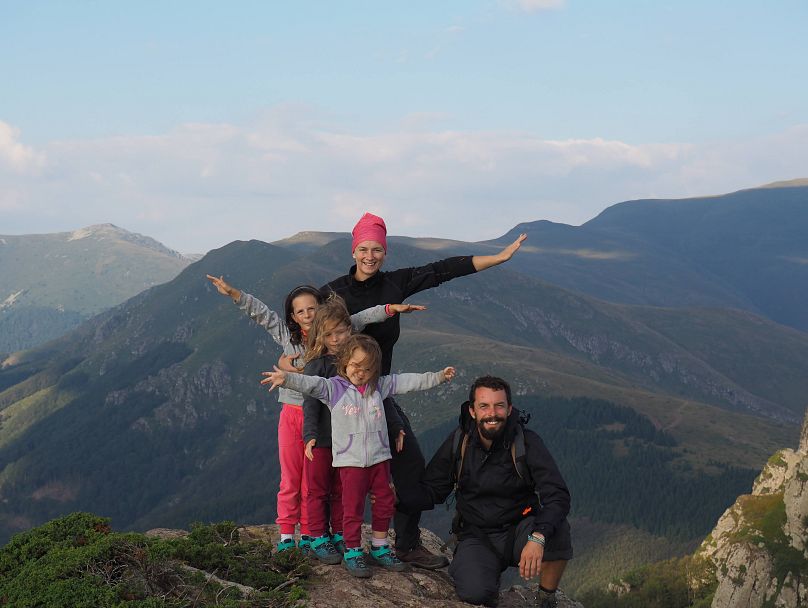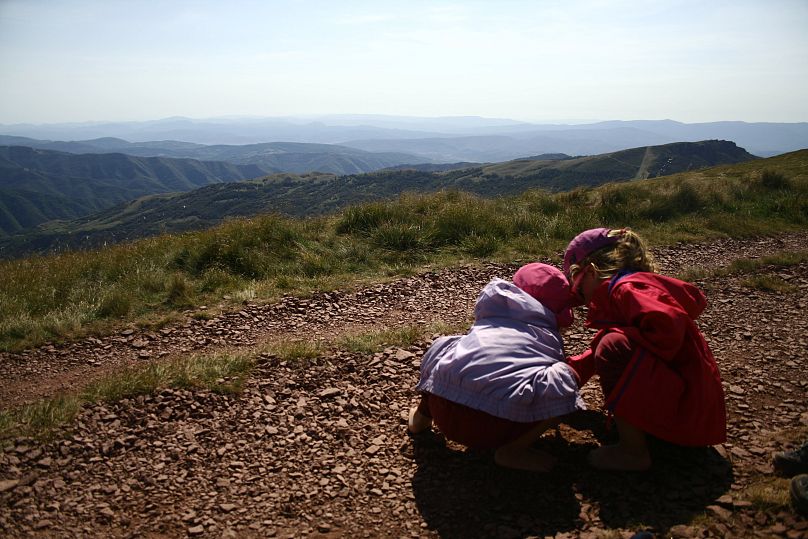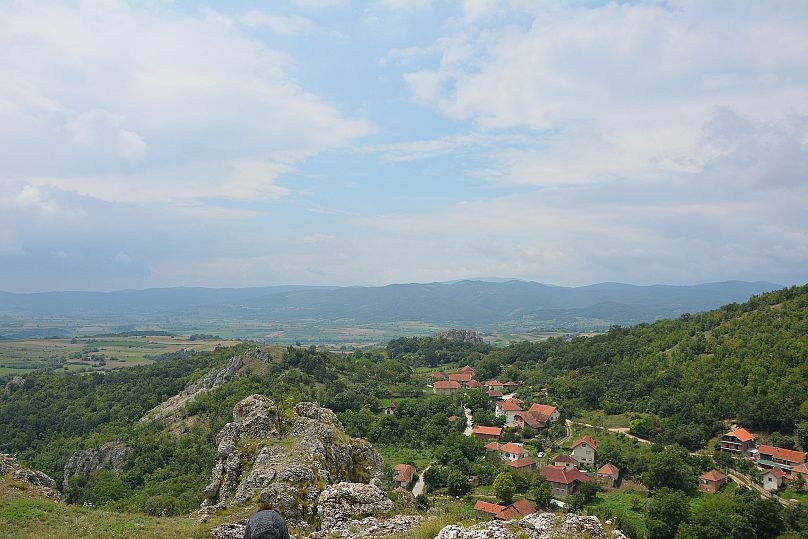The events of 2020 have sparked a desire for many to reconnect with nature, which has led to an eco-friendly choice suddenly becoming more attractive for many in Serbia.
Like most of the world, Serbia is emerging from an extremely tumultuous year in which COVID, climate change and a challenging economy have forced people to completely reevaluate their lifestyles.
For many, this has sparked a strong desire to reconnect with nature and Serbia’s countryside heritage. So after years of rural depopulation, village life as a sustainable, eco-friendly choice has suddenly become more attractive than it’s been for a long time.
Marija Babic says she’s wanted to live close to nature for years, and finally, with her partner, three children and a dog, who go by the symbolic name of Walking By the Earth, she is in the process of moving from Belgrade to a community on the slopes of Stara Planina.
Marija’s clear about what an eco-lifestyle means to her: "We’re a low-waste family, composting organic waste, growing our own food, and keeping the environment clean. We’re activists, we don’t support greenwashing, we don’t buy new clothes (we use second-hand or get them from our family and friends)...we’re outdoor lunatics!"
While the eco-village lifestyle is not widespread yet in Serbia, Marija hopes there will soon be more people following in their footsteps.
"In the next couple of years we’ll have a lot more people who would like to live in rural areas, and maybe they will join the existing communities. We have an ecological uprising, people have started to wake up, be aware and fight for their health and environment. So far we have Vrmdza village, for example, Fruška Gora is popular and Stara Planina, and eastern and western Serbia is at the awakening stage."
The village of Vrmdza that Marija mentions is often held up as an inspiration for rural development. A decade ago, it had a shrinking population and was a typical example of a Serbian village in decline. But its fortunes were about to change.
Dragana Tomic Pilipovic, a woman with a demanding corporate career in Belgrade behind her, moved there, bringing family, friends and a vision for a new approach to village life.
Her passion is to "use urban skills to find a sustainable solution for living in rural areas, and be more connected with nature by developing a good economy, socially-conscious businesses and strong communities," she says, adding: "We don’t all have to be farmers!"
She founded the Centre for Socially Responsible Entrepreneurship and the Rural Hub, a co-working space where villagers can connect, spark ideas and develop valuable business skills.
Today, the community is thriving. Village properties have been snapped up and redeveloped and there’s a steady flow of city-escapees attracted by the spectacular climbing routes and hiking trails (Mount Rtanj is nearby), home-made organic food, beautiful surroundings and remote-working opportunities.
Dragana puts Vrmdza’s success in part down to the open exchange of skills and knowledge between locals and newcomers. She paints a picture of a community in the truest sense of the word, where each person’s skills are used and respected.
"In Vrmdza, if somebody wants to buy flowers they go to Miladinka, if somebody wants to buy souvenirs go to Saska, for cheese, Snezana. Each person in the village has their own expertise, capacity and resources to offer a service, and when visitors come to the village, they know the story of each person and that every penny they spend is going directly to support that family."
"What happens when you come to a village is you start to recognise how much you weren’t connecting with nature in a town. It’s painful." Dragana continues.
But now, she says, it’s possible to have the best of both worlds. "People can compare what benefits they get from living in a town or village, and say: 'I’ll choose a little bit from this life and a little from this life and I’ll make the perfect mixture myself.'"
Nevena Savić, from ecological NGO Zeleno Doba, agrees that change is afoot in Serbia. "There is definitely a rise of newcomers in the countryside and more interest from people of all ages in sustainability," she says. "We noticed a great need in people for their piece of land and part of the sky during the lockdown."
The organisation supports people who want to live more sustainably or are in the process of moving back to the countryside.
Nevena explains: "Only a generation or two ago, people knew how to recognise plants, work in the garden and produce food for a year, so there is a great need for re-learning old skills. There are a lot of successful initiatives that promote zero-waste, urban gardening, and entrepreneurship in the countryside. All of them have different stories and different lifestyles. We think that is amazing - everybody does their best to get awesome sustainable results."
"Through our activities, we hope that we will bring more awareness about sustainability, more understanding and compassion, more positive attitudes and laughs, more health and joy and more good in this world," she says.















